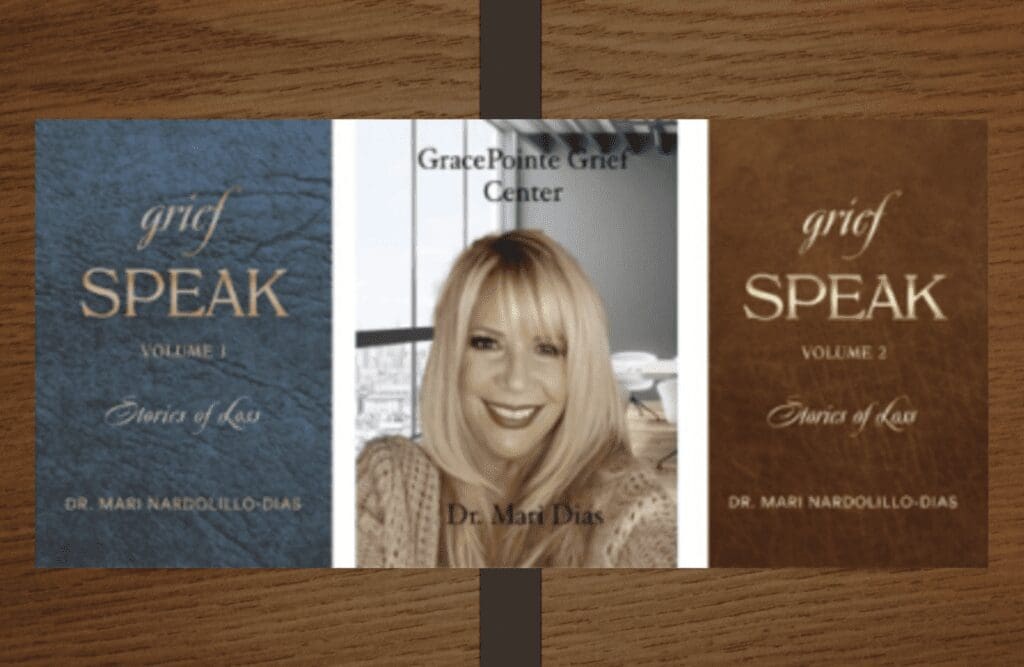Search Posts
Recent Posts
- Dr. Rosemary Costigan Named President of Community College of Rhode Island June 19, 2025
- RI Veterans: Did you know? 19.06.25 (Military Funerals, Job Fair, Benefits, Events) – John A. Cianci June 19, 2025
- East Providence First in U.S. to Equip All Firefighters with PFAS-free Gear June 19, 2025
- We Cook! Mill’s Tavern Saffron Bouillabaisse with Tarhana Lobster Jus June 19, 2025
- Rhode Island Weather for June 19, 2025 – Jack Donnelly June 19, 2025
Categories
Subscribe!
Thanks for subscribing! Please check your email for further instructions.

GriefSpeak: Loss of an Adult Child – Mari Nardolillo Dias
By: Mari Nardolillo Dias
Vilomah: a Sanskrit word: “Against a natural order.” As in, the grey-haired should not bury those with black hair. As in our children should not proceed us in death. If they do, we are vilomahed.” (Duketoday.edu).
We have words for loss of spouse (widow, widower); loss of parent (motherless daughters/sons, fatherless daughters/sons); yet we have been hard pressed to have a term for the loss of an adult child. Following a google search I’ve found the term “vilomah”. My search for such a term is the result of the number of mothers who have sat in my office this week and introduced me to their adult child who has passed.
Of course, this is not the way things are supposed to be. Vilomah is a devasting loss; in fact, research from the University of Texas, Austin notes that 7% of those who are 90 years or older have experienced the passing of a child since they reached 50. (silversneakers.com). Yes, this might be a more common occurrence than in prior years, it still “knocks you sideways.”
There is no question that Gabby Petito’s parents are in the forefront of national media. This tragic loss of a young daughter has not gone unnoticed. Nor have the parents of Columbine, Sandy Hook, of the 13 Marines killed at the airport in Afghanistan, and those who died on 9/11. Locally, the parents of the victims of the Station nightclub fire join this unwanted group. And many, more. The parents I worked with who have been vilomahed are not those of famous or infamous disasters, yet the pain is as sharp and debilitating.
Monday, I met Laurita, an 83 year old woman whose son Junior, who was 57 died due to a series of medical complications. Junior was her “heart” and lived with her following a divorce. This was a home visit and I was introduced to Junior through his art work, as well as his life as chronicled in dozens of photo albums.
Tuesday I met Julia, whose son Dean died at age 53 due to a misdiagnosis of “allergies”, which turned out to be cancer. Julia brought me wonderful telling pictures of her son, an up and coming entrepreneur and consummate musician and lyricist.
Sophie came in on Wednesday and introduced me to her son Liam, who suicided. He was a witty, comical person who entertained everyone with his antics.
Today, Jack introduced me to Justin, his 18 year old son who died in a car accident. Justin was a special needs kid who was an athlete and hard worker.
And of course, my mom, who at age 93 had to bury her son Bobby at age 67 to a vicious cancer. Bobby needed no introduction.
According to the research, the death of an adult child is correlated to a higher risk of a heart attack. It can also lead to depression, anxiety, and PTSD among those parents older than 70. The passing of an adult child can also put you at a greater risk of dying. I know a parent who died from “broken heart syndrome” after his son, age 33 died from leukemia. There may be a physiological reason for the risk of dying. Grief may raise inflammation levels that can lead to a variety of health problems. Moreover, parents who have lost an adult child are 2x more likely to die within two years, compared to a control group. (National institute on Aging) According to Limstrom:
“There is a powerful mind-body connection. What we feel in the mind, we experience in the body….We try to make sense of the universe – and when we can’t find the logic, our pain increases, and our body responds.”
I find that permission and forgiveness are the two most powerful concepts in working with parents who have lost an adult child. Both permission and forgiveness can take on many forms, but granting oneself empowers us to move forward. Your lives will never be the same. Of course, each parent’s grief is unique to who we are and to the relationship we shared with our child. I am reminded of a poem:
“Deep loss involves more than the absence of a person.
It is also the loss of self.
A radical transformation in
Who we are at a soul level.
The grief runs much deeper
Than what is often assumed.” (empoweredthroughgrief.com)
Today I am grateful to have met and become acquainted with Junior, Dean, Liam and Justin. Both their individual and collective spirits join others that have left their legacies with me and live on in my memory, my heart and in the very air of my office.
_____
SAVE THE DATE! – Meet Dr. Mari Nardolillo Dias here:

_____

Dr. Mari Nardolillo Dias is a nationally board-certified counselor, holds a Fellow in Thanatology and is certified in both grief counseling and complicated grief. Dias is a certified death doula, and has a Certificate in Psychological Autopsy.
She is Professor of Clinical Mental Health, Master of Science program, Johnson & Wales University. Dias is the director of GracePointe Grief Center, in North Kingstown, RI. For more information, go to: http://gracepointegrief.com
